Moringa Induces Cancer Cell Death
Moringa oleifera is a tree that grows in tropical and sub-tropical environments such as India, Oceania, Latin America, Africa, and Asia. It is known by many names, including horseradish tree, drumstick tree, benzolive, kelor, marango, mlonge, sohanjna and more.
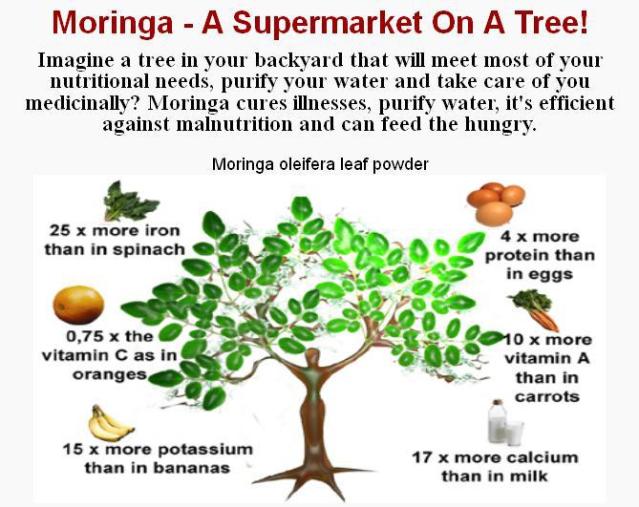
Moringa has been hailed as a “miracle tree” because it is a significant source of fats, proteins, carotenoids, vitamin C, iron, potassium, and other nutrients. The flowers, roots, leaves, and bark of the tree have been used as nutritional supplements and are also used in the manufacture of cosmetics, perfumes, and skin oils.
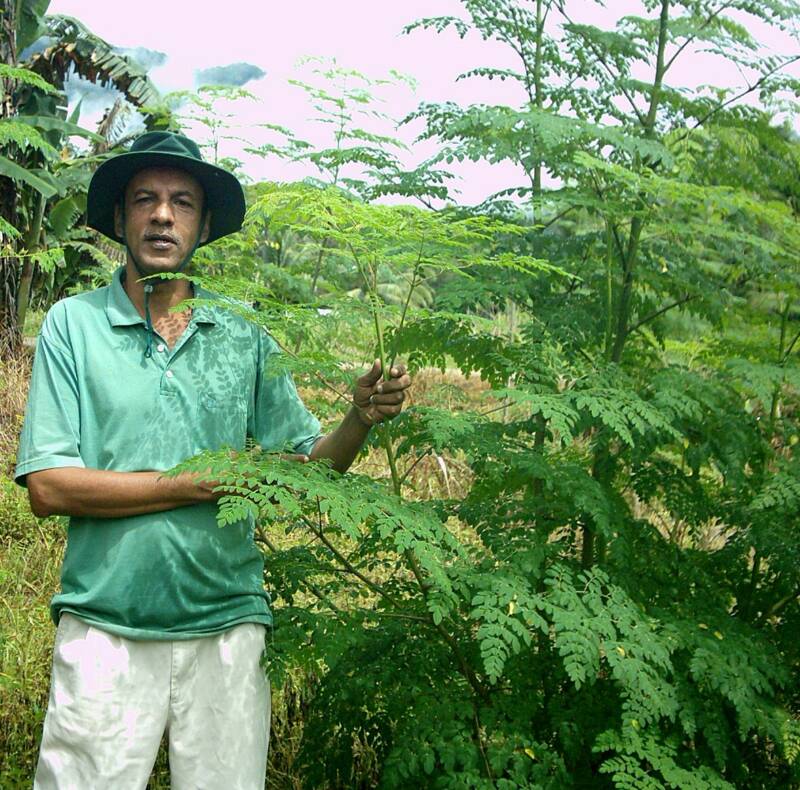
Moringa is an invaluable resource for combating malnutrition in developing countries. A nutritional biochemist from the Johns Hopkins School of Medicine stated in a commentary on Moringa: “…the nutritional properties of Moringa are now so well known that there seems to be little doubt of the substantial health benefit to be realized by consumption of Moringa leaf powder in situations where starvation is imminent.”
Alongside moringa’s powerful nutritional profile, there exists incredible medicinal potential. Chemical compounds found in moringa have demonstrated several beneficial biochemical activities, such as combating atherosclerosis and heart disease, boosting the immune system, and have antiviral, antibacterial, antioxidant, and tumor-suppressive effects.
A new study published in the journal Oncology Letters has followed up on previous research that demonstrated the therapeutic potential of water-soluble extracts of moringa leaf in treating various types of cancers, such as lung, breast, and skin cancers.
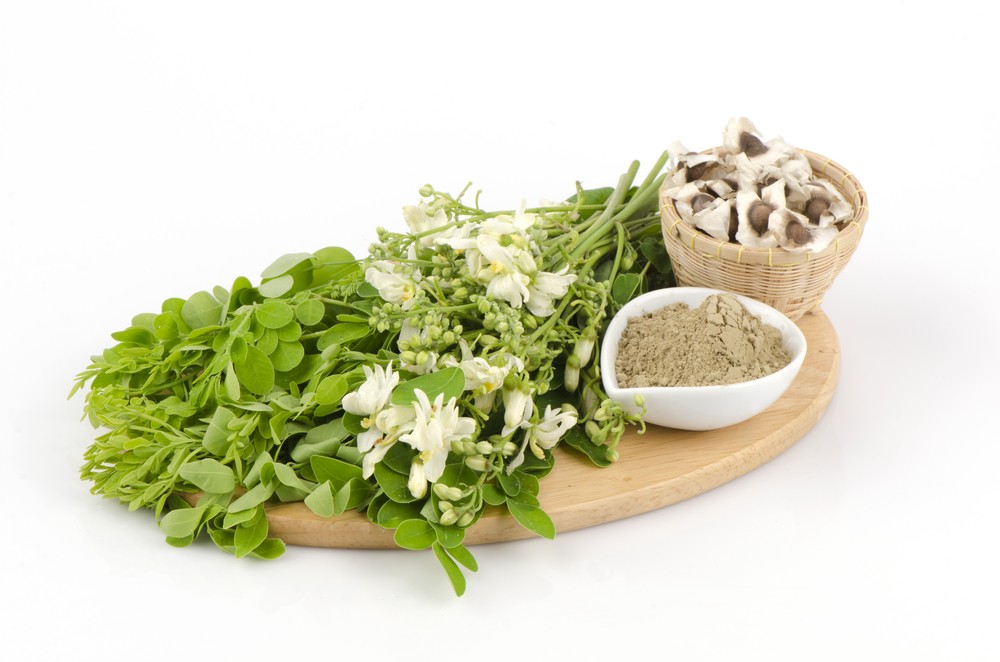
In this latest study, a team of Korean researchers looked at how water-soluble extracts of moringa leaf affected the viability of human liver and lung cancer cells in a series of elegant experiments. However, before elaborating on their findings, it is important to discuss what a water-soluble extract is and how it differs from the common solvent-based extracts of plant substances.
A chemical substance is water soluble if it is able to dissolve in water. A simple example of a substance that dissolves in water is table salt, in contrast to cooking oils, which are water insoluble and do not dissolve in water. Many studies concerned with plant compounds useful in the medical field have used alcohol-based solvents to extract these compounds, as these solvents are effective in extracting a broad range of bioactive compounds. The drawback is that these extracted compounds are not water soluble, meaning they cannot be orally administered to patients. Moreover, these water-insoluble compounds present several therapeutic challenges as their intravenous delivery may result in embolism and respiratory system failure because the compounds could form into insoluble solids in the body.
Thus, it is of great value to find anticancer drug candidates that are not only water soluble and orally administrable but also naturally occurring, highly potent and low in toxicity.

It is with the above statement in mind that the team of Korean researchers conducted their study to assess the effects of a water-soluble extract from moringa leaves on human liver and lung cancer cells.
The researchers began their study by testing several doses (0, 50, 100, 200, 300 or 400μ/ml) of a water-soluble moringa leaf extract on human liver cancer cells. They treated these cancer cells for two days with the moringa extract and observed a dose-dependent response in cancer cell death, with 96.7 percent of the cells exhibiting evidence of cell death at the highest dose (400μ/ml).
Next, the researchers looked at moringa’s effects on inhibiting the growth of cancer cells. Similar to the above experiment, they treated the liver cancer cells for two days with various concentrations of moringa leaf extract. They found that relative to the cells that received no treatment, those treated with moringa were inhibited in their growth and this inhibition was also dose-dependent. In other words, the more moringa extract provided, the less the cells could grow — with up to 80 percent inhibition in the highest dose provided (200μ/ul).
Further experimentation was conducted to detect and quantify the extent of cell death in liver cancer cells treated for two days with different concentrations of moringa leaf extract versus control cells that did not receive any treatment. Using a state-of-the-art cell measurement system, the researchers observed that around 55.4 percent of cells were in the early or late stages of cell death. The ratio of cell death was five times higher in the treated versus control cells at the highest concentration administered (300μ/ml).
Thus far, all experiments were conducted in vitro, or in other words, in a cell-culture system in a dish. To assess if orally administered moringa extract could prevent cancer cell progression in a living organism, the researchers turned to a special laboratory strain of mice that are ideal for these testing purposes. For these experiments, the researchers adhered to internationally recognized guidelines on animal welfare.
The researchers implanted the mice with two types of cancer cells, human liver cancer and human lung cancer cells. The cells were inserted into a special type of fiber, known as a hollow fiber, and these fibers were surgically implanted subcutaneously into the mice. Two days after surgery, the mice were given different doses of moringa leaf extract as well as a chemotherapy drug called doxorubicin for five days, whereupon the fibers were collected and analyzed. Both the liver and lung cancer cells showed reduced viability and the level of this reduction coincided with what was observed in the cell culture experiments. In other words, the orally administered moringa extract was able to successfully inhibit cancer cell proliferation in a living organism. Furthermore, in the case of the liver cancer cells, moringa extract was more effective than doxorubicin ( a common chemotherapy drug).
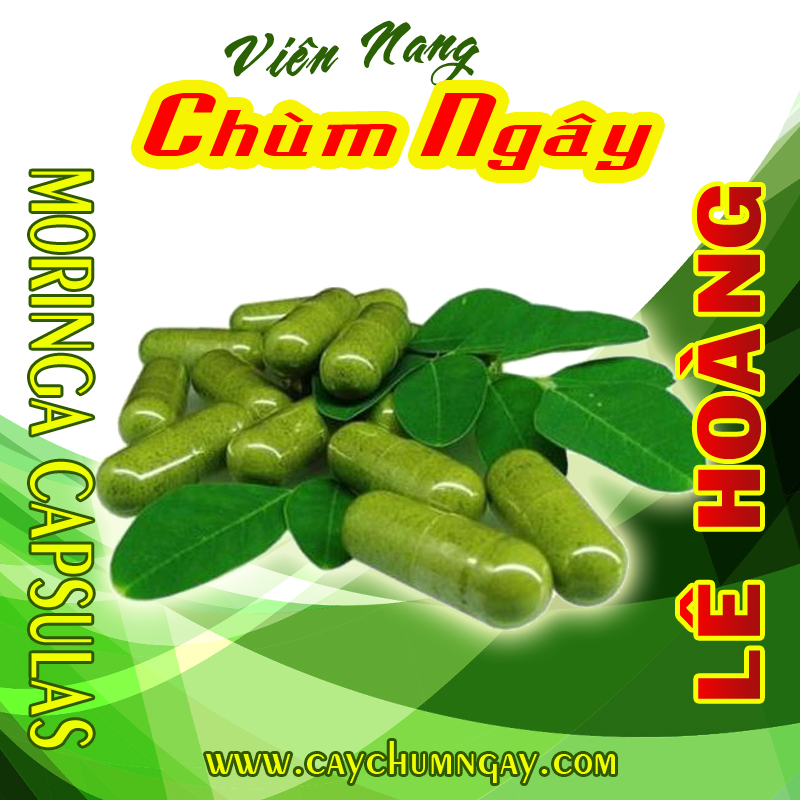
The above results bode well for moringa as a potential alternative treatment for various types of cancer. As stated earlier, naturally occurring, highly potent anti-cancer treatments that are low in toxicity are exceedingly welcomed. The water solubility of moringa means that people could treat themselves in the comfort of their own homes and not experience the incredible side effects of conventional chemotherapy treatments.
However, the road is long and paved with more experiments before moringa will be prescribed by the Western medical establishment as a bona fide anticancer treatment. Future studies will be needed to pinpoint the molecular mechanisms underlying the clinical potential of moringa as well as any potential toxicity.
One thing is for sure: I’ll be taking my moringa supplements daily. After all, as they say: prevention is the best medicine.
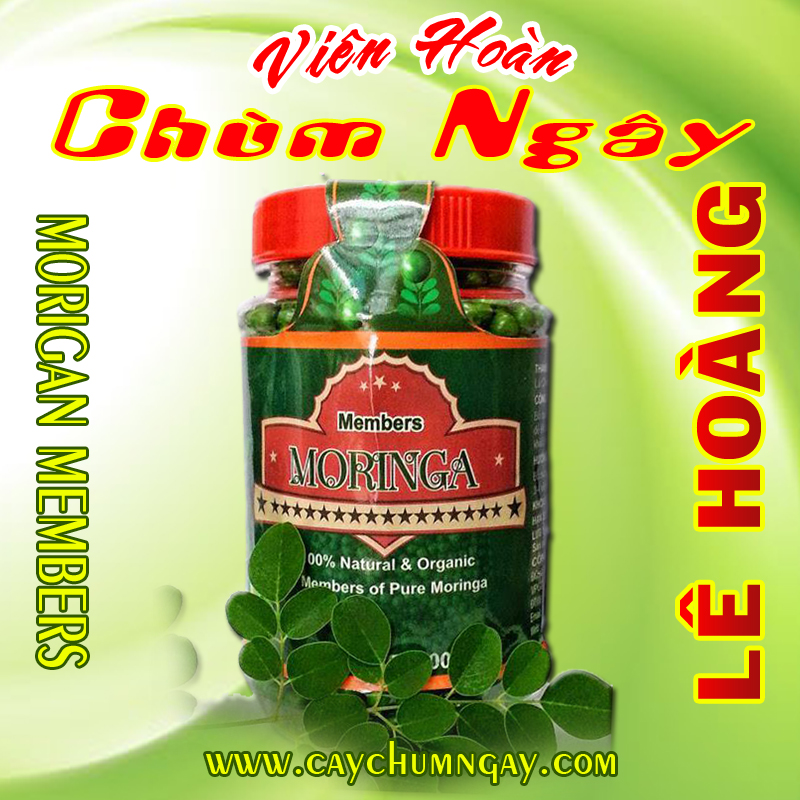
http://reset.me/study/study-moringa-induces-cancer-cell-death/
Ý kiến bạn đọc
Bạn cần đăng nhập thành viên để có thể bình luận bài viết này
Những tin mới hơn
Những tin cũ hơn
